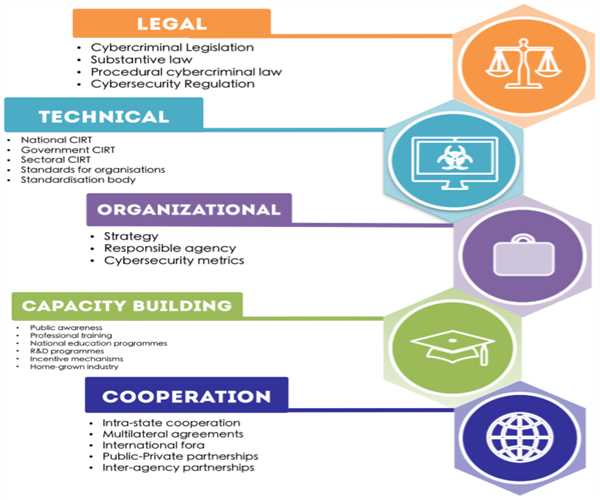International organizations address the challenges of cyber warfare through collaborative frameworks and initiatives designed to enhance global cybersecurity. Organizations such as the United Nations (UN), NATO, and the International Telecommunication Union (ITU) play pivotal roles in fostering international cooperation. The UN promotes the development of norms and responsible behavior in cyberspace through various initiatives, emphasizing the importance of state responsibility and the protection of critical infrastructure.
NATO has recognized cyberspace as a domain of operations, integrating cyber defense into its overall security posture. The alliance emphasizes information sharing, capacity-building, and joint exercises to enhance member states' cyber resilience. The ITU works to establish international standards and regulations for telecommunications and information and communication technologies, contributing to a more secure global digital environment.
Collaboration extends to regional organizations, with alliances and partnerships forming to address specific cyber threats. Information-sharing platforms facilitate the exchange of threat intelligence and best practices among nations.

Moreover, efforts are underway to establish treaties and agreements governing state behavior in cyberspace. The Tallinn Manual and the Paris Call for Trust and Security in Cyberspace are examples of non-binding agreements that seek to promote responsible conduct in cyberspace.
While challenges persist, these international organizations play crucial roles in fostering cooperation, establishing norms, and developing frameworks that contribute to a more secure and stable global cyber environment.